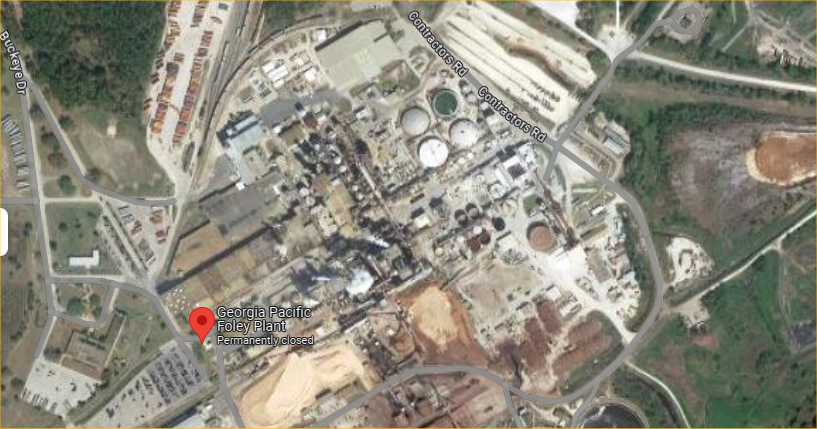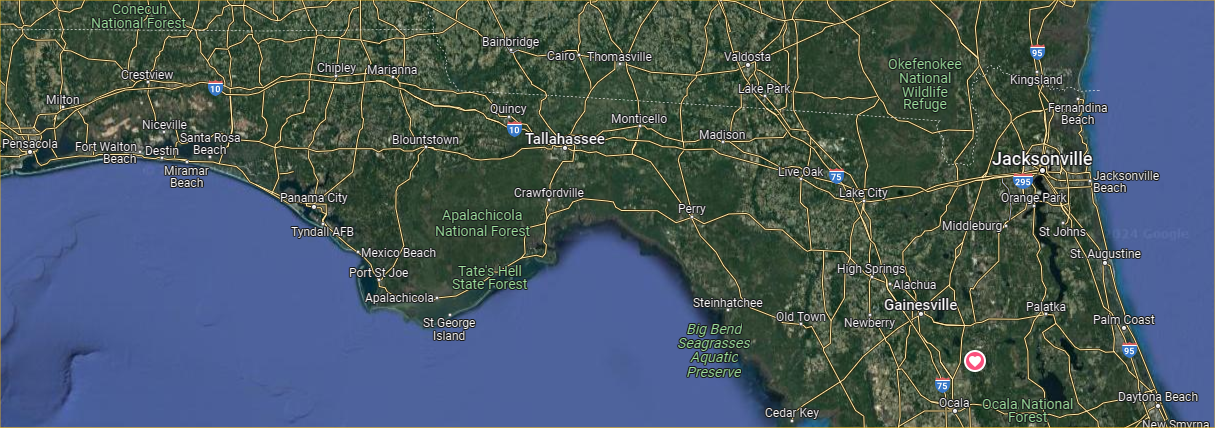
The recent closure of the GP Cellulose mill in Taylor County has sent shockwaves through the local community, marking an end to what was once a vibrant source of employment and economic stability in the region. Georgia-Pacific, the parent company of GP Cellulose, cited economic pressures and a challenging market environment as the primary reasons for shutting down operations. This article delves into the repercussions of this closure and its profound impact on the economy and the lives of Taylor County residents.
The GP Cellulose mill had been a cornerstone of Taylor County’s economy for decades, providing not only jobs but also contributing significantly to the local tax base. The mill’s closure has resulted in the loss of hundreds of direct jobs and has had a multiplier effect on the county’s economy, impacting indirect employment and businesses that relied on the mill’s operations.
Economic Impact
The immediate economic impact of the closure was the loss of well-paying jobs. For many employees, the mill provided a stable income that supported their families and contributed to the local economy through consumer spending. With these jobs gone, there is a ripple effect felt throughout Taylor County. Local businesses, from grocery stores to restaurants and service providers, have experienced a decline in patronage as former mill workers tighten their belts to adjust to their new financial realities.
Tax Revenue and Public Services
The loss of GP Cellulose also means a significant reduction in tax revenue for Taylor County. This mill was one of the largest taxpayers in the area, and its closure has led to a shortfall in local government budgets. This deficit may result in cuts to public services, including education, emergency services, and infrastructure maintenance—areas that are vital for the community’s well-being and future economic recovery.
Environmental and Social Considerations
While some residents have pointed to environmental benefits following the mill’s closure, such as reduced industrial pollution and water usage, these potential positives are overshadowed by the immediate social and economic challenges. The mill’s presence had long been a contentious issue, balancing economic benefits against environmental concerns. With its closure, the community is now grappling with how to reinvent itself sustainably.
Community Response and Future Prospects
In response to the mill’s closure, local leaders and community organizations have been working to support affected workers through job retraining programs and by attracting new businesses to the area. However, replacing an industry of GP Cellulose’s magnitude is no small feat. Efforts are being made to diversify the local economy and reduce reliance on any single employer or industry in the future.
Conclusion
The closure of GP Cellulose mill in Taylor County serves as a stark reminder of the vulnerability of local economies that depend heavily on single industries. It underscores the need for economic diversification and proactive planning to mitigate the effects of such losses on small communities. As Taylor County faces this economic crossroad, it is an opportunity for reinvention with an eye toward sustainable growth and resilience. The road ahead is challenging, but with community solidarity and strategic action, there is hope for a new chapter in Taylor County’s economic story.





